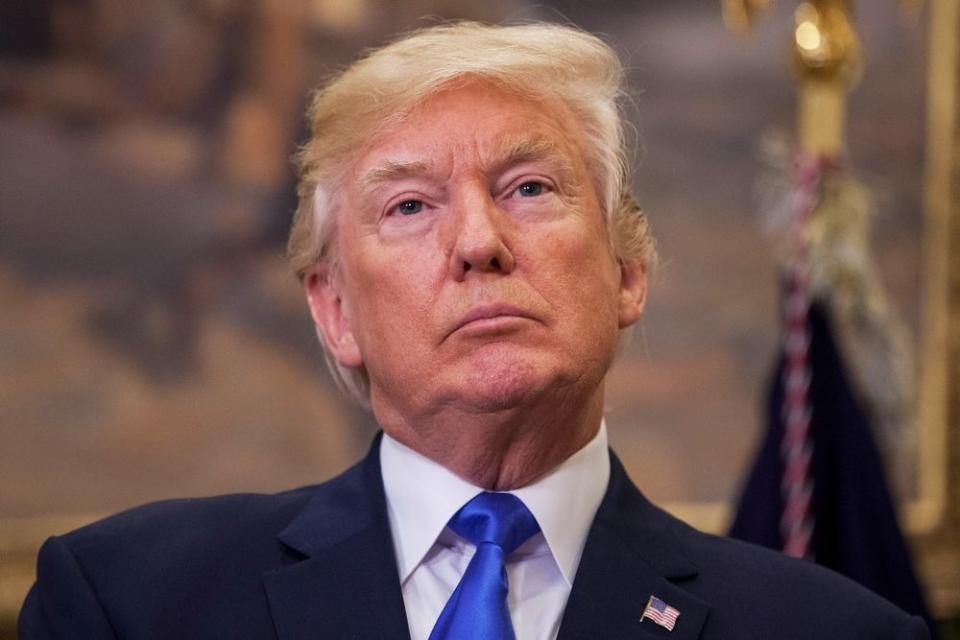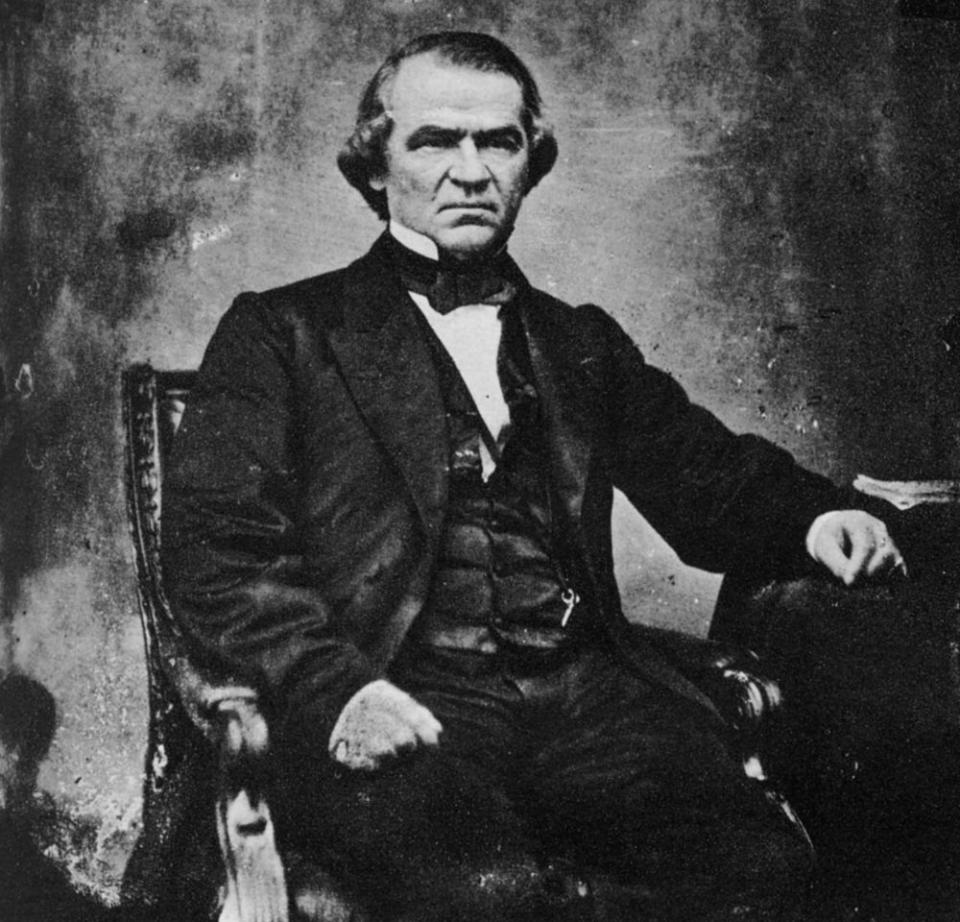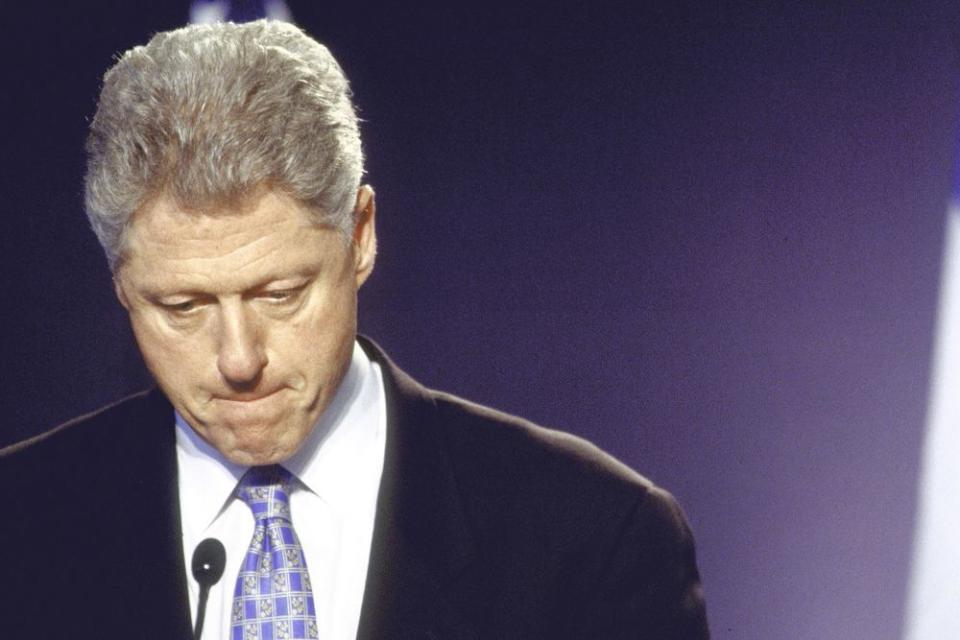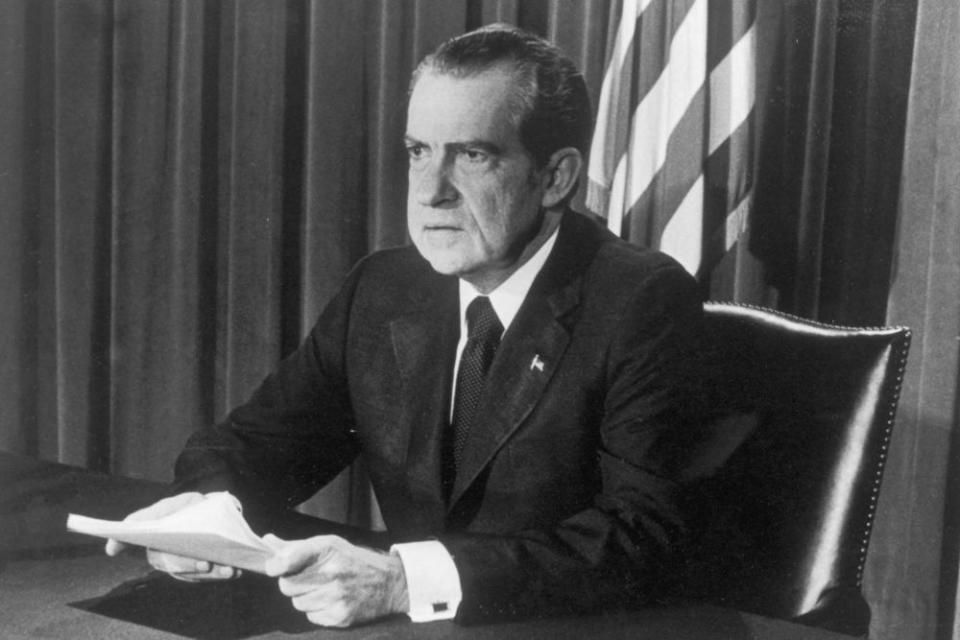All of the Ways a President — Including Donald Trump — Can Be Removed from Office
Editor’s note: This article was originally published on Jan. 15. On Tuesday, the Democratic majority in the House of Representatives announced that President Donald Trump would face two articles of impeachment (analogous to charges) in the Ukraine scandal. This sets up a history-making vote on his impeachment in the coming days, followed by a trial in the Senate if the articles are approved in the House. Trump has denied wrongdoing.
The original article, explaining how a president can be removed from office, is below.
President Donald Trump is set to face intense political opposition through the end of his term in 2021, having spent much of his four years under the cloud of an investigation into his ties to Russia — which has resulted in the indictments or pleas of several close aides — and with Democrats leading the House of Representatives.
Even so, as history shows, a sitting commander-in-chief resigning or being ousted early is highly unlikely.
“The framers of the Constitution realized that you couldn’t just get rid of a president because you disagree with him. That would change our whole system of government,” Larry Tribe, a professor of constitutional law at Harvard Law School, tells PEOPLE.
“On the other hand,” Tribe continues, “they didn’t want to set up a system where there’s no way to get rid of a president apart from waiting four years until the next election. They wanted to make the removal of a completely unfit and dangerous president possible but difficult.”
In January, newly sworn-in Michigan Congresswoman Rashida Tlaib passionately vowed that incoming lawmakers were going to impeach President Trump (using some profanity during her speech), though top Democrats soon stressed that removing him was not their priority.
The president dismissed the possibility of impeachment on his Twitter with his characteristic confidence and bluster.
“How do you impeach a president who has won perhaps the greatest election of all time, done nothing wrong (no Collusion with Russia, it was the Dems that Colluded),” he wrote on Jan. 4, further claiming that he “had the most successful first two years of any president, and is the most popular Republican in party history.”
RELATED: President Trump Will Resign in 2019, Former Bush Adviser Predicts — Here’s Why

RELATED VIDEO: Trump Lawyer Michael Cohen Slams Him — ‘The Man Doesn’t Tell the Truth’
Tribe, a longtime lawyer, warns against taking an extreme stance on either side of the impeachment question.
“I can’t predict whether [impeachment] will happen, but I think that the people who predict either extreme are wrong,” he says. “People who say it will never happen are getting ahead of their skis. And the people who say we should impeach right now before hearings are really not only getting ahead of their skis but shooting themselves in the foot. Because trying to impeach him now before there is that kind of public resolve that he should be removed would be almost a guarantee that he would not be removed.”
Only two previous presidents have faced impeachment — Andrew Johnson, in 1868, and Bill Clinton, in 1998 — and both were acquitted by the Senate.
In 1974, Richard Nixon became the only president in U.S. history to resign amid the fallout from his coverup of the Watergate scandal.
Here is a list of all the ways a president can leave office, involuntarily or voluntarily, before their term is up.

Impeachment
Tribe explains that there is only one way in which a sitting president can be removed by impeachment, and it’s a multi-step process.
After reaching a majority vote in the House of Representatives to bring articles of impeachment against a president — analogous to criminal charges — two-thirds of the Senate then have to vote to convict, which has never happened. At Clinton’s trial in the ’90s, senators voted along party lines to acquit, 55-45.
“If the president is convicted, that is if they conclude that he has committed high crimes and misdemeanors, then he is automatically removed from office,” says Tribe, who recently published To End a Presidency: The Power of Impeachment with co-writer Joshua Matz.
But this possibility isn’t likely, Tribe says, unless “the nation comes to a very sweeping, bipartisan conclusion that the president has abused his power and is unfit for office. [That he is] too dangerous to remain as president.”
Separately, if a sitting president were to be charged and convicted of a crime outside of impeachment (a hypothetical whose legality is much debated), they would not automatically be kicked out of the White House.
“Theoretically, he [the president] could remain president and issue executive orders from his prison cell,” Tribe says. “But, of course, as a practical matter there’s no question that a president who was convicted of a crime would be impeached and removed very promptly.”

The 25th Amendment
Tribe says that section four of the 25th Amendment of the Constitution can temporarily “sideline” the president for three weeks at a time, if invoked. But it’s a very difficult process and has also never happened.
Essentially the option exists “if the vice president and the majority of the cabinet members decide that the president [is unfit for] office, that he’s got Alzheimer’s or doesn’t know what he’s doing, doesn’t have a clue what he’s talking about,” Tribe says.
“But it’s not likely that the vice president and the majority of the cabinet would certify that,” he continues. Put another way: Members of the president’s own party would have to be moved to act against him and the voters and outside of Congress.
In the unlikely event that this course of action was taken, the president would step aside for three weeks and the vice president would act in his place. The House of Representatives and then the Senate would determine how to proceed.
RELATED: Donald Trump Reportedly ‘Has Expressed Concern’ That He Will Be Impeached

Resignation
Rather than being kicked out, a president can also leave office early by resigning — rare but, unlike the above methods, not unimaginable.
“It depends very much on the particular president. Richard Nixon had a sense of shame, and so many of his colleagues could prevail on him to resign rather than be disgraced in a Senate impeachment trial,” Tribe says.
In contrast Trump’s voluntary exit “would occur only if he sees it as very much in his financial self-interest,” Tribe believes. “Or, perhaps, in his interest in protecting his son or daughter in going to prison.”

A former adviser to President George W. Bush argued something similar in an op-ed column published this month, predicting that Trump would leave office in 2019 in exchange for immunity from criminal prosecution.
Tribe says: “[President Trump] certainly isn’t going to resign simply because he’s tired of the office. As long he’s the president under existing policy, he feels safe from being indicted and tried for a crime.”
